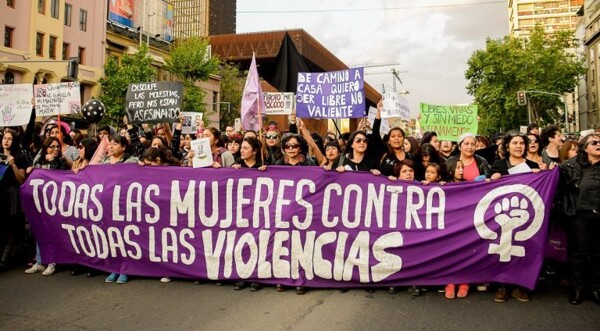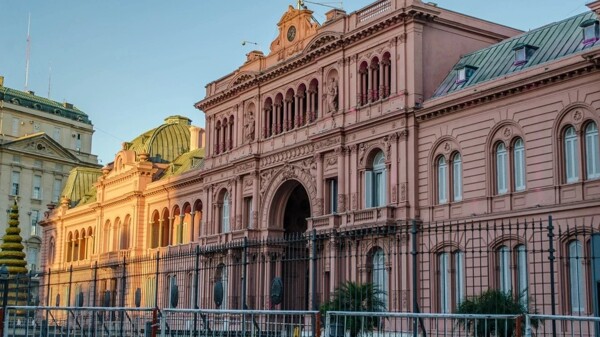
All over the country, assemblies are being held in preparation for a large Federal March of Antiracist and Antifascist Pride that will take place next Saturday. Meanwhile, recently, during the farewell of the previous U.S. government, journalist Max Blumenthal from Grayzone News rebuked Antony Blinken for associating religion with fascism and asked him questions about his role in allowing a current holocaust to occur.
President Javier Milei presided over a ceremony for the second consecutive year in memory of Holocaust victims, emphasizing his defense of Elon Musk. Under the idea of the uniqueness of the Holocaust, academic theories have been funded that claim that the only people victimized by genocide were the Jewish people, attributing to the State of Israel the representation of an entire people, which is questioned. On the other hand, right-wing organizations like DAIA have been involved in controversies regarding their actions toward those who criticize the State of Israel.
With reference to the Holocaust, authors like Norman G. Finkelstein raise questions about the singularity of this historical event, pointing out that the focus on its uniqueness may be dangerous for the memory of the victims of Nazism. Additionally, actions that have been considered offensive to the Jewish people have been recorded, generating repudiation from groups like Jews for Palestine.
In a context where manifestations of racism and discrimination are detected, assemblies and a call for next Saturday are being organized, aimed at fighting against antisemitism as well as any form of discrimination. There is also reference to Israel's role in the midst of confrontations, and emphasis is placed on the importance of including the Palestinian flag in the fight against racism and discrimination.
Norman G. Finkelstein, in his work "The Holocaust Industry," raises critiques against the exploitation of the suffering of Holocaust victims. On the other hand, other figures and actions that have caused controversy regarding the Holocaust and the memory of the victims of Nazism are mentioned.
In summary, the importance of keeping historical memory alive is highlighted, questioning reductionist approaches and promoting the inclusion of diverse identities in the fight against discrimination and racism in society.














